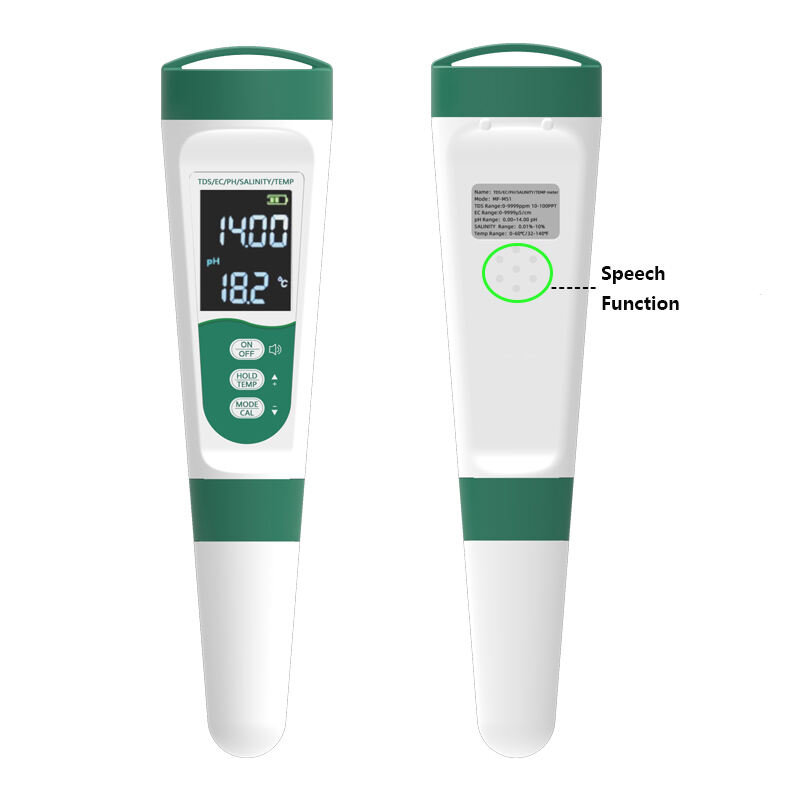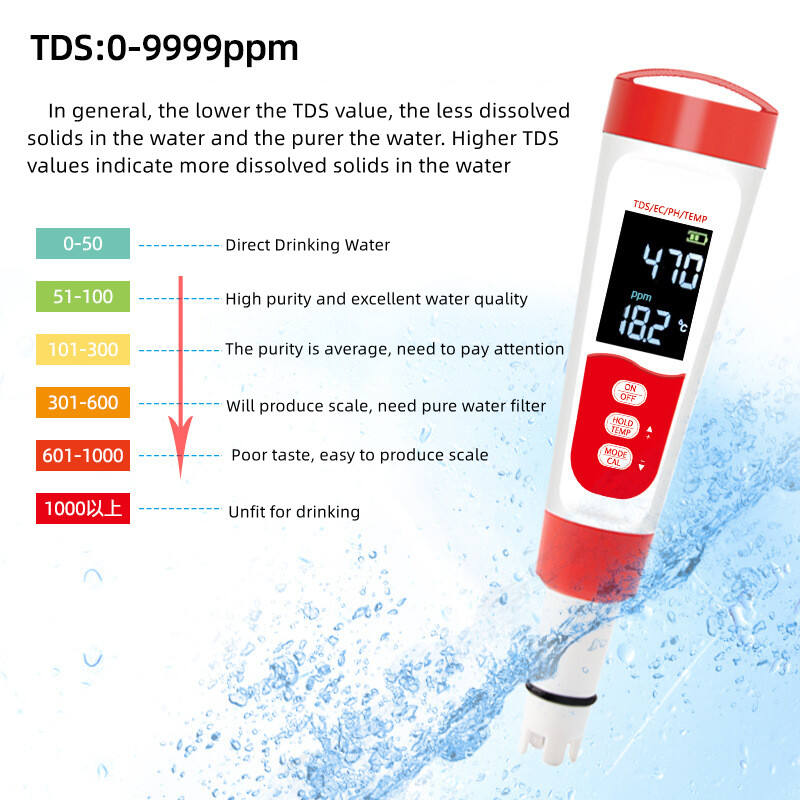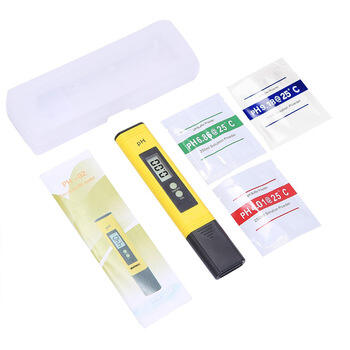agricultural soil ph meter
The agricultural soil pH meter is an essential precision instrument designed to measure soil acidity and alkalinity levels with exceptional accuracy. This sophisticated device combines advanced sensor technology with user-friendly operation, making it an indispensable tool for farmers, gardeners, and agricultural professionals. The meter features a durable probe that can be directly inserted into the soil, providing instant pH readings on a clear digital display. Modern agricultural soil pH meters often incorporate temperature compensation mechanisms to ensure accurate readings across varying environmental conditions. These devices typically operate within a pH range of 3.5 to 9.0, offering precise measurements with an accuracy of ±0.1 pH units. Many models include additional functionalities such as moisture sensing and light measurement capabilities, making them versatile tools for comprehensive soil analysis. The instrument's portable design allows for easy field testing, while its robust construction withstands regular use in challenging outdoor conditions. Advanced models may feature data logging capabilities, enabling users to track pH variations over time and make informed decisions about soil amendments and crop management strategies.


